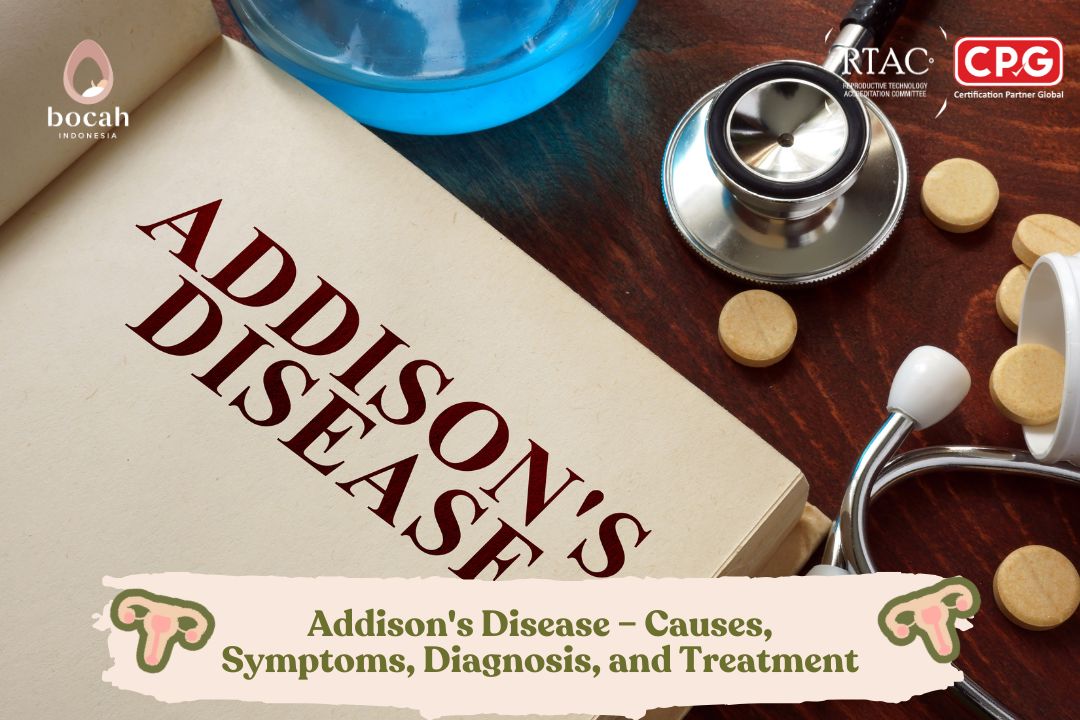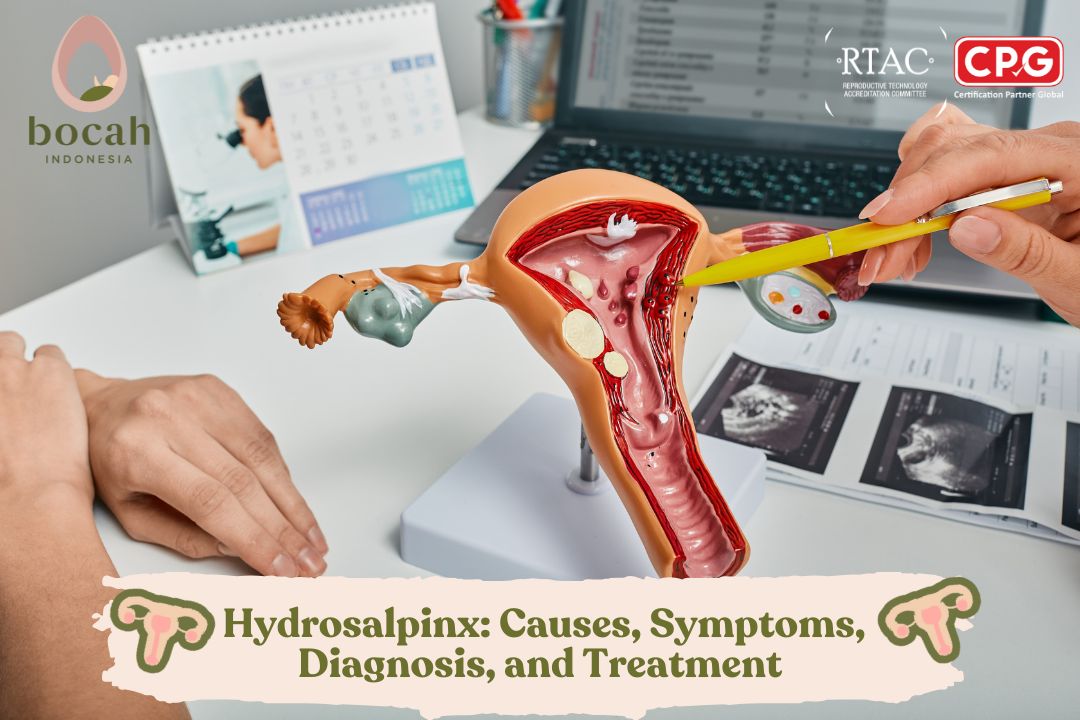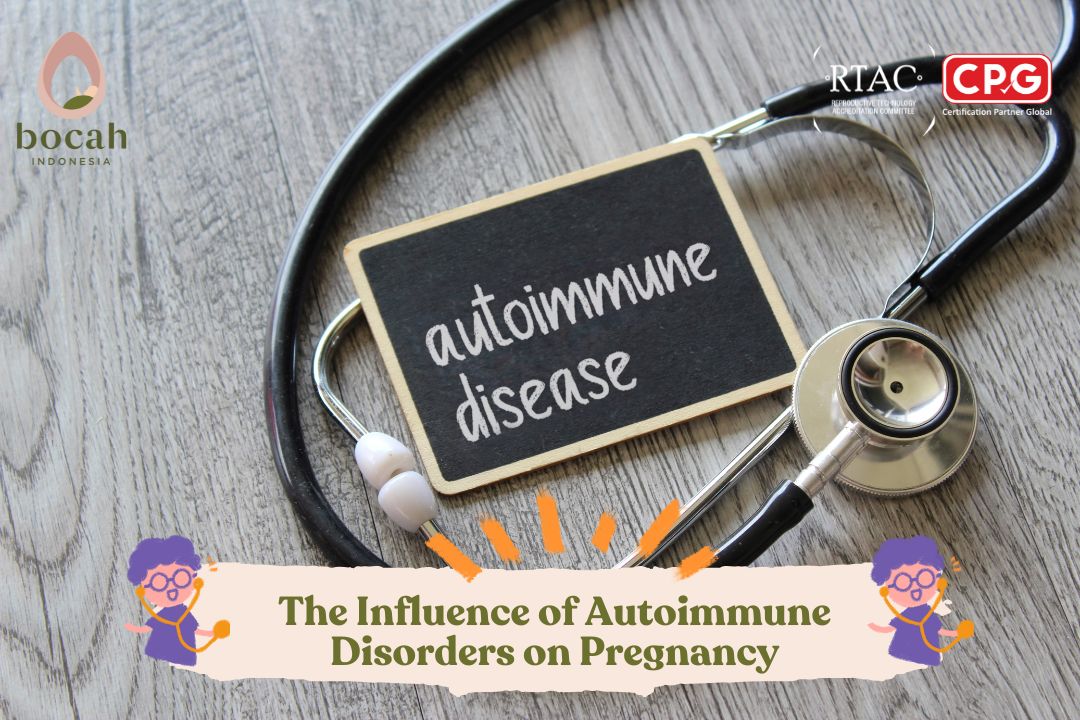Addison’s Disease – Causes, Symptoms, Diagnosis, and Treatment

Addison’s disease, or adrenal insufficiency, is a rare condition that occurs when the body does not produce certain hormones in adequate amounts.
Addison’s disease is a type of primary adrenal insufficiency that is acquired. This condition is caused by an autoimmune process and, although rare, it can be life-threatening.
The malfunction in this disease can affect the body’s ability to respond to stress and maintain vital functions for survival. The good news is that with early and proper treatment, most people with Addison’s disease can remain active, productive, and live a normal life.
Adrenal Glands and Their Functions
The adrenal glands are organs located just above the kidneys. As part of the endocrine system, these glands produce two important hormones that affect almost all organs and tissues in the body: cortisol and aldosterone. The adrenal glands also produce small amounts of sex hormones, known as androgens.
The adrenal glands consist of two parts:
- The inner part, called the medulla, produces adrenaline.
- The outer part, called the cortex, produces a group of hormones called corticosteroids. These corticosteroid hormones include:
- Glucocorticoids: Including cortisol, this hormone affects the body’s ability to convert food into energy. It helps regulate blood sugar levels (glucose), appetite, and body fat levels. This hormone also plays a role in the inflammatory response of the immune system and helps the body respond to stress.
- Mineralocorticoids: The primary mineralocorticoid produced by the adrenal glands is aldosterone. This hormone helps regulate sodium and potassium levels in the body to ensure blood pressure and volume remain within a healthy range.
- Androgens: The adrenal glands produce small amounts of these sex hormones, which include testosterone, dehydroepiandrosterone (DHEA), and DHEA sulfate. These hormones are present in both men and women. In women, androgens promote the development of secondary sexual characteristics such as armpit and pubic hair. In men, androgens stimulate sexual development, affect muscle mass, and influence libido. In both sexes, adequate levels of androgens contribute to a sense of well-being.
Causes of Addison’s Disease
The most common cause of Addison’s disease is an autoimmune process. The disease develops when the immune system attacks the adrenal glands and damages most of the cortex. When 90 percent of the adrenal cortex is damaged, the glands can no longer produce hormones in sufficient amounts.
Other causes include:
- Tuberculosis.
- Other infections of the adrenal glands.
- Spread of cancer to the adrenal glands.
- Bleeding in the adrenal glands.
- Medications that inhibit the body’s ability to produce glucocorticoids, such as ketoconazole and etomidate. Or medications that block the action of glucocorticoids in the body, such as mifepristone.
- Cancer treatment with checkpoint inhibitors.
Risk Factors for Addison’s Disease
Addison’s disease can affect individuals of various ages, but it is most commonly found in those between the ages of 30 and 50.
Most people with Addison’s disease do not have specific risk factors that make them more likely to develop the condition. However, the following factors can increase a person’s risk of developing Addison’s disease:
Tanya Mincah tentang Promil?
- A history of diseases or surgeries involving the pituitary or adrenal glands.
- Individuals with autoimmune polyendocrine syndrome, a rare inherited condition in which the immune system mistakenly attacks many different organs and tissues.
- Certain genetic changes affecting the pituitary or adrenal glands, including those causing congenital adrenal hyperplasia.
- Having other autoimmune endocrine conditions, such as hypothyroidism, type 1 diabetes, pernicious anemia, Graves’ disease, dermatitis herpetiformis, vitiligo, and myasthenia gravis.
- A history of brain injuries, such as trauma, concussion, or shocks.
Symptoms of Addison’s Disease
The symptoms of Addison’s disease usually develop gradually, often over months. The disease can progress so slowly that individuals may initially ignore the symptoms. Stress, such as illness or injury, can worsen the symptoms.
People with Addison’s disease commonly experience fatigue and general weakness, loss of appetite, and weight loss. Other frequent symptoms include:
- Darkening of the skin, especially on the face, neck, and backs of the hands.
- Digestive symptoms, such as nausea and vomiting (if accompanied by abdominal pain, this may signal an adrenal crisis, a medical emergency).
- Low blood pressure with dizziness and lightheadedness when standing or sitting.
- Low blood sugar (hypoglycemia).
- Muscle and joint pain.
- A strong craving for salty foods.
- Irritability.
- Depression.
- In women, irregular periods, reduced body hair (underarm and pubic hair), and a decrease in sexual desire.
Complications of Addison’s Disease
If left untreated, Addison’s disease can progress to Addisonian crisis or adrenal crisis due to stress on the body, such as injury, infection, or illness. Normally, the adrenal glands will produce 2-3 times the usual amount of cortisol in response to stress. In Addison’s disease, the adrenal glands cannot increase cortisol production in response to stress, leading to an adrenal crisis.
This can result in a life-threatening situation marked by low blood pressure, low blood sugar, and high potassium levels. Immediate medical treatment is required. Emergency care is necessary when the following occur:
- Severe weakness.
- Confusion or reduced consciousness.
- Pain in the lower back or lower legs.
- Severe abdominal pain, vomiting, and diarrhea, leading to dehydration.
- Low blood pressure.
Addison’s Disease and Fertility Disorders
Studies have also indicated that Addison’s disease can reduce fertility in both men and women. Men with Addison’s disease, who also have hyperthyroidism, may experience oligospermia (low sperm count). Around 10-20% of women with autoimmune Addison’s disease experience primary ovarian insufficiency before the age of 40.
However, women with controlled Addison’s disease can achieve pregnancy spontaneously, though there are risks for complications during pregnancy for both the mother and the fetus. Therefore, women with Addison’s disease who are pregnant must be closely monitored by a doctor familiar with the condition. Special attention should also be given to hormone replacement medications during pregnancy.
Diagnosis of Addison’s Disease
To determine if someone has Addison’s disease, doctors may recommend the following tests:
- Blood tests: These aim to measure sodium, potassium, cortisol, and adrenocorticotropic hormone (ACTH) levels. Blood samples are taken in the morning, around 8 a.m., when cortisol levels should be high. Blood tests can also detect antibodies related to autoimmune reactions in Addison’s disease.
- ACTH stimulation test: ACTH stimulates the adrenal glands to produce cortisol. This test measures cortisol levels before and after the individual is given a synthetic ACTH injection. The ACTH stimulation test is most commonly used to confirm the diagnosis. Key steps include:
- A blood sample is taken to measure baseline cortisol levels. Then, a high dose of ACTH is injected intravenously. Another blood sample is taken 30-60 minutes later to measure cortisol levels again.
- Low cortisol levels after a high-dose ACTH injection confirm adrenal insufficiency. Blood ACTH levels are also measured to determine whether the issue is in the adrenal glands (Addison’s disease) or the pituitary/hypothalamus (causing central adrenal insufficiency). If ACTH levels are high, it is more likely to be Addison’s disease.
- Insulin-induced hypoglycemia test: This test determines if pituitary malfunction is causing adrenal insufficiency. It measures blood sugar and cortisol levels after an insulin injection.
- Imaging tests: A CT scan of the abdominal area can assess the size of the adrenal glands and look for other problems. An MRI of the pituitary gland can assess secondary adrenal insufficiency.
Treating Addison’s Disease
Addison’s disease is treated by replacing the missing hormones, cortisol, and aldosterone, with synthetic versions.
Cortisol is replaced with hydrocortisone, prednisone, or methylprednisolone. These medications are taken according to a schedule that reflects the natural changes in cortisol levels throughout the 24-hour period.
Aldosterone is replaced with fludrocortisone. People taking this medication need to increase their salt intake, especially during hot and humid weather, after heavy exercise, or when experiencing diarrhea.
Addison’s disease is a chronic condition, so hormone replacement medications must be taken for life. The medication dosage will vary for each individual, and doctors may increase the dosage when the person is experiencing an infection, injury, surgery, or other stressful situations to prevent an adrenal crisis.
People with Addison’s disease also need to have regular check-ups with their doctor to ensure that the medication dosage is appropriate and effective. Medication dosages should be closely monitored to prevent overdose or underdose. Excessive doses of glucocorticoids (hydrocortisone) can lead to obesity, type 2 diabetes, and osteoporosis, while excessive doses of fludrocortisone can cause high blood pressure.
Other considerations include:
- Always wear a medical alert bracelet and carry an emergency steroid card to inform healthcare providers about the required treatment.
- Always have extra medications on hand. Missing a single dose of medication can be dangerous. Therefore, individuals need to have a supply of medications at home, work, and when traveling.
- Carry injectable glucocorticoid supplies, including needles, syringes, and corticosteroid injection forms for emergencies.
- Stay in touch with the treating doctor, in case medication dosage or timing needs to be adjusted.
- Have annual check-ups with the treating doctor. People may need annual screenings for autoimmune diseases.
Conclusion
Unfortunately, nothing can be done to prevent Addison’s disease. However, the disease can be well managed once diagnosed. The prognosis for individuals with Addison’s disease is generally good. Although they must take medication for life, they can lead normal, healthy lives.
Source:
- Cleveland Clinic. (7 Juni 2022). Addison’s disease. URL: https://my.clevelandclinic.org/health/diseases/15095-addisons-disease.
- Mayo Clinic. (3 Februari 2024). Addison’s disease. URL: https://www.mayoclinic.org/diseases-conditions/addisons-disease/symptoms-causes/syc-20350293.
- Munir S, Quintanilla Rodriguez BS, Waseem M. Addison Disease. [Updated 2024 Jan 30]. In: StatPearls [Internet]. Treasure Island (FL): StatPearls Publishing; 2024 Jan-. Available from: https://www.ncbi.nlm.nih.gov/books/NBK441994/
- Nieman LK. Patient education: adrenal insufficiency (beyond the basics). In: UpToDate, Post TW (Ed), UpToDate, Waltham, MA. (Accessed on August 15, 2024.)










